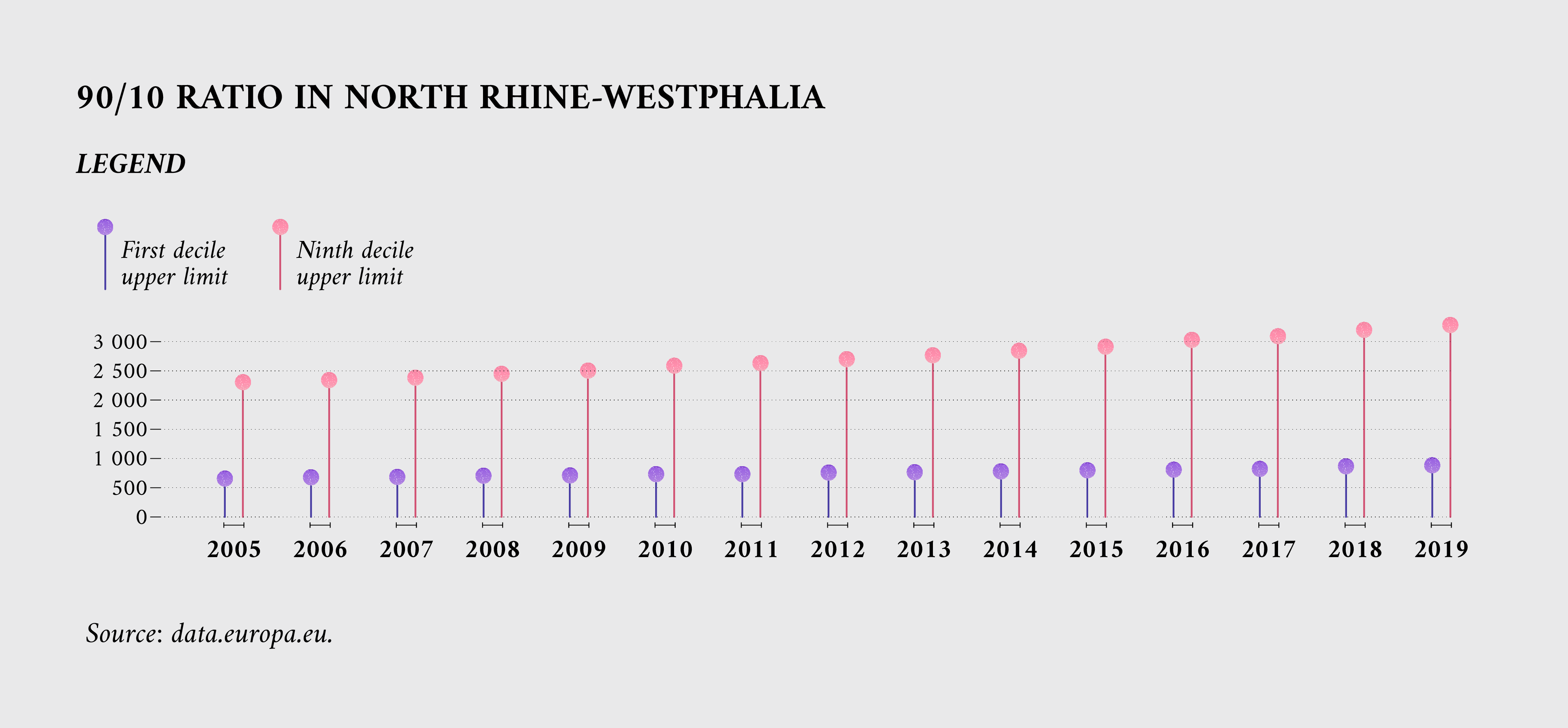
04 Nov, 2025
3 min read
Experts Urge Focus on Capital Gains and Inheritance Taxes Over Direct Wealth Levies in Europe
European governments facing budget shortfalls and rising inequality should reconsider relying on direct wealth taxes, according to economists and tax experts. While such levies are often proposed to tax the ultra-rich, historical evidence indicates that they rarely yield substantial revenues and frequently fail to target the right taxpayers effectively.
The International Monetary Fund (IMF) recently advised against net wealth taxes, suggesting instead that reforms targeting capital income could be more equitable and efficient. Countries like Switzerland, Spain, and Norway maintain various forms of wealth taxes, while France and Britain are currently debating similar measures to alleviate fiscal pressures.
Research by Gabriel Zucman, a professor at the Paris School of Economics, highlights that at the very top echelons—such as the wealthiest 0.0001%—tax burdens are minimal in some countries due to strategic asset placement within holding companies. Zucman supports a proposed 2% wealth tax on France's richest 0.01%, emphasizing it as a matter of fairness: "We need to ensure that billionaires pay at least as much as other social groups. It is a basic question of justice and respect for the fundamental principles of tax fairness."
Still, wealth taxes typically raise only modest proceeds, often mere fractions of GDP, since affluent individuals can shield assets through trusts, exempt items, or relocation to tax havens. Moreover, these taxes apply uniformly across asset types, potentially penalizing owners of lower-yield investments.
In contrast, capital income taxes—on dividends and capital gains—are imposed on actual returns and remain consistently lower than taxes on labor income in many countries, including France, Germany, Italy, South Korea, and Japan. The OECD points out that this favorable treatment of capital gains contributes to the low effective tax rates for wealthy individuals.
Experts propose closing exemptions and ensuring capital gains are taxed upon sale, inheritance, or when taxpayers move to low-tax jurisdictions. The inheritance tax, often dismissed as a "death tax," is praised by the OECD for its efficiency and fairness, as it does not disincentivize savings or bequests when appropriate exemptions are in place.
However, many countries offer substantial allowances for business assets in inheritance tax regimes or do not tax unrealized gains, limiting revenue potential. Examples include Italy, Poland, South Korea, Ireland, Spain, and Germany, where heirs may enjoy significant exemptions.
Balancing revenue generation with competitiveness remains a critical challenge, as excessively aggressive taxation could prompt wealthy individuals to relocate. Nonetheless, groups like the Tax Justice Network stress that reducing inequality benefits society broadly. Chief Executive Alex Cobham warned, "High inequalities undermine economic growth. They undermine life expectancy across the board."
This ongoing debate underscores the complexity of designing tax systems that can effectively address wealth concentration while sustaining economic vitality.
Recommended For You

ABS-CBN Solidifies Status as Philippines’ Premier Media and Entertainment Company
Nov 04, 2025
Carlos David

INTERPOL Asian Regional Conference Ends with Renewed Commitment to Regional Security
Nov 04, 2025
Sofia Lim

Calabarzon Minimum Wage to Increase by P30-P60 Daily Under New Wage Order
Nov 04, 2025
Sofia Lim

Consumer Group Opposes Proposed Cement Tariff, Citing Risk of Price Surge
Nov 04, 2025
Sofia Lim
